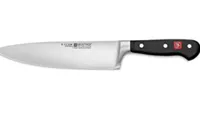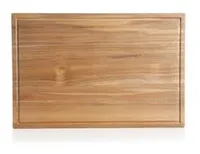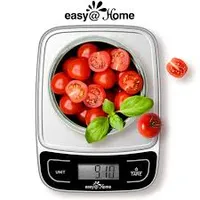These are the 5 kitchen items you need to upgrade next, according to chefs
Upgrading these five utensils will make cooking seamless, experts claim

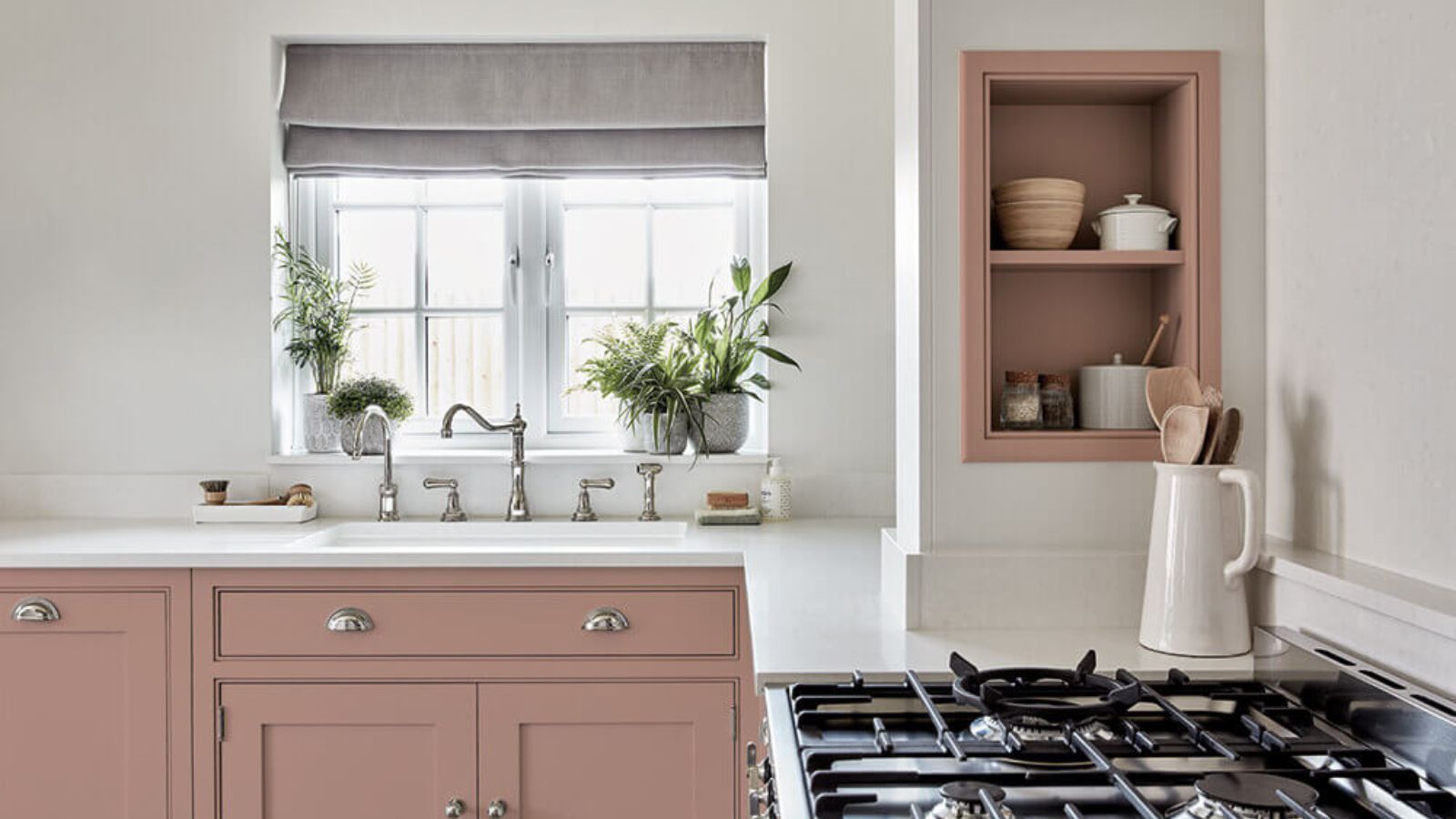
Design expertise in your inbox – from inspiring decorating ideas and beautiful celebrity homes to practical gardening advice and shopping round-ups.
You are now subscribed
Your newsletter sign-up was successful
Want to add more newsletters?

Twice a week
Homes&Gardens
The ultimate interior design resource from the world's leading experts - discover inspiring decorating ideas, color scheming know-how, garden inspiration and shopping expertise.

Once a week
In The Loop from Next In Design
Members of the Next in Design Circle will receive In the Loop, our weekly email filled with trade news, names to know and spotlight moments. Together we’re building a brighter design future.

Twice a week
Cucina
Whether you’re passionate about hosting exquisite dinners, experimenting with culinary trends, or perfecting your kitchen's design with timeless elegance and innovative functionality, this newsletter is here to inspire
There are hundreds of things around our homes that we buy once and forget about, but several kitchen items need regular updates if you want to stay efficient – and safe – when cooking.
After all, there is more to instantly elevating your kitchen than replacing the cabinets and changing the layout. Swapping the small utensils you use every day for more luxurious alternatives can instantly up your cooking game, not to mention that they look good, too.
According to professional chefs, these are the five kitchen items you need to upgrade the next time you have the opportunity.
Kitchen items you need to upgrade
If you want to update your kitchen without replacing it, changing out the small things matters and is often more than worth the upfront cost in the long run.
1. Knives
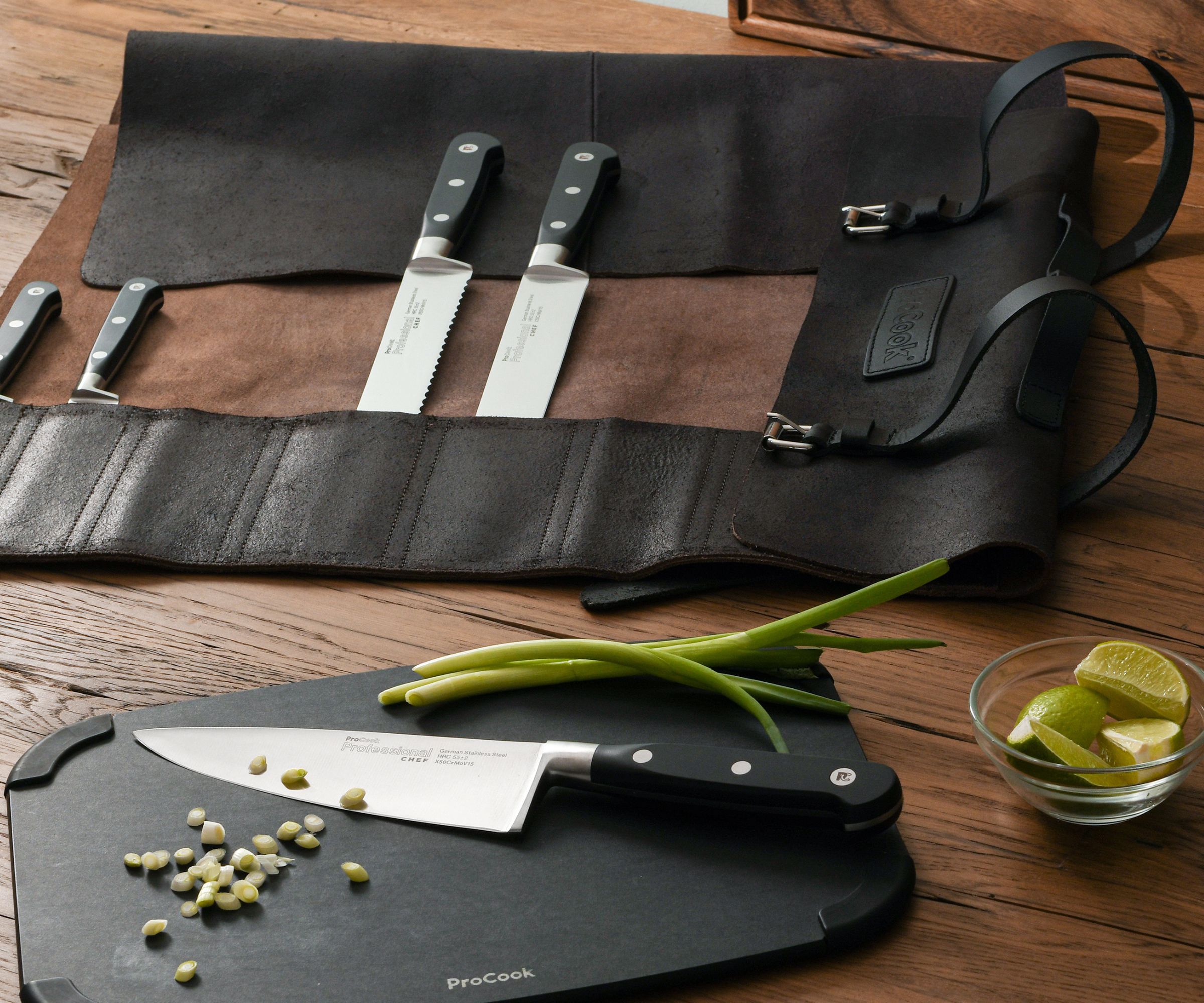
'Investing in the best kitchen knives does more than make cutting vegetables and preparing dinner easier. It can also make you safer in the kitchen too,' begins Tiffany Swan, professional chef, food scientist, and owner of Tiffany Sage San:
‘When your knife is sharp, it cuts through the product with ease, so you don't have to work as hard. When you work hard on cutting, and your knife isn't sharp, it tends to slide, but you still have a lot of pressure behind that knife, so the risk of hurting yourself is greater.
‘Did you know that cutting through a carrot takes the same amount of force as cutting through a finger? Gross, I know, but that visual is well worth keeping knives sharp so you don't have to risk it.'
Design expertise in your inbox – from inspiring decorating ideas and beautiful celebrity homes to practical gardening advice and shopping round-ups.
Wusthof Classic 8-Inch Chef's Knife | View at Amazon
Rated H&G's best kitchen knife, our reviewers found that this knife excels at any task you turn its way.
A new set of chef’s knives doesn't have to set you back a small fortune to be effective, either, Tiffany adds. All you need is for them to be sharp and feel comfortable in your hand.
‘A great way to keep them in great shape is to wash them by hand and never put them in the dishwasher. The harsh temperatures, chemicals, and pressure of a dishwasher are not a friend of sharp edges. Similarly, investing in professional knife sharpening once a year or so will keep your knives sharp, but using a home sharpening tool (not just honing steel) will be useful in between professional sharpenings.
‘As a professional chef, I sharpen my knives about once a week, but then send them off for a professional sharpening once a year.’
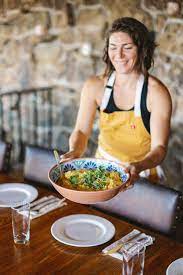
Tiffany spent nearly three decades in restraunts and development kitchens before she created tiffany Sage Swan to help connect to those people who ate her food. She became a retreat chef to help connect to the feeling of communtiy food creates.
2. Cutting boards
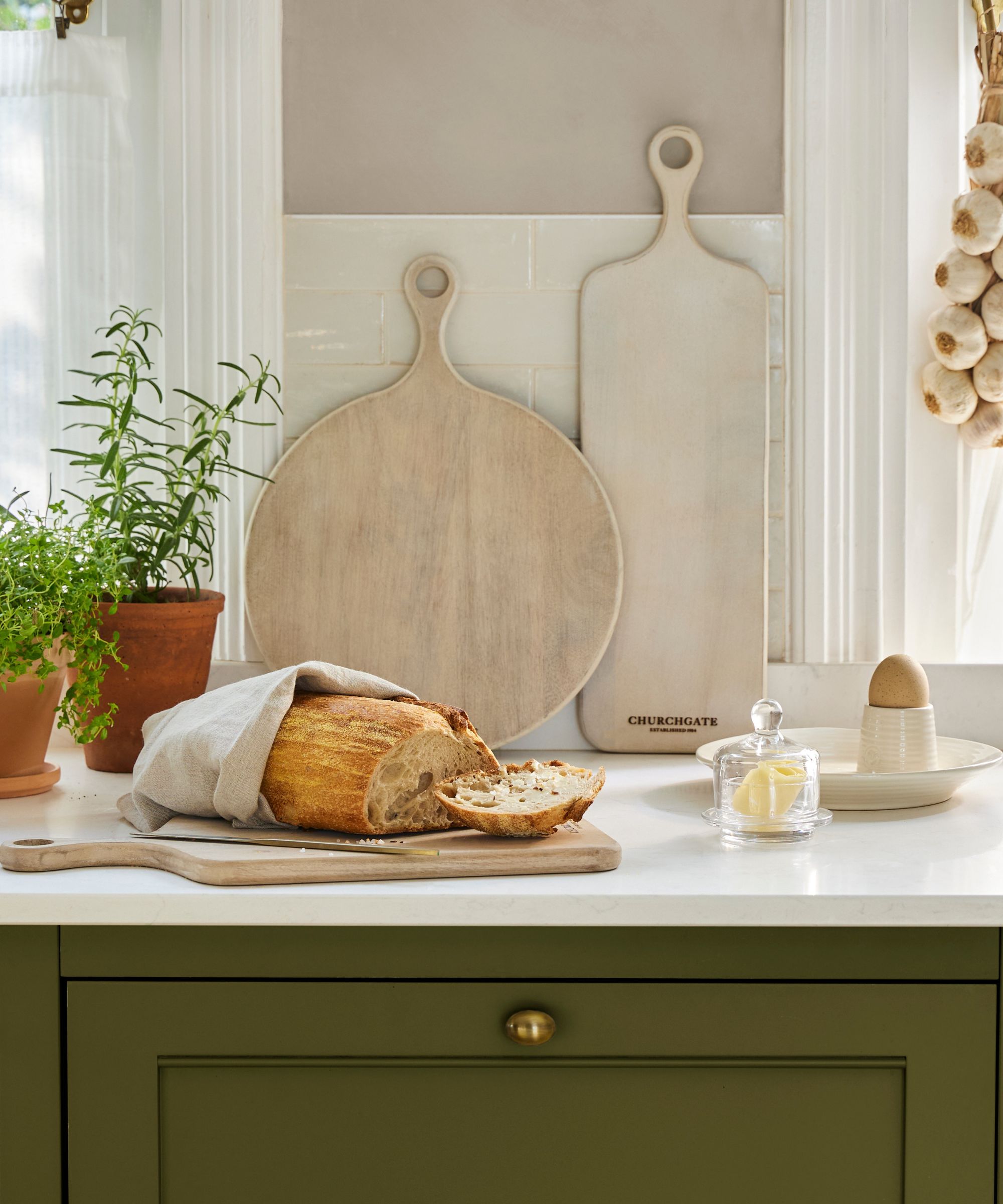
'Even if you learn how to care for a wooden cutting board properly, your chopping blocks still need replacing every few years to maintain food safety – not to mention if they are plastic,' urges Jessica Decker, professional organizer and owner of Become Organized.
‘If you’re using plastic cutting boards, stop immediately!’ she warns. ‘Have you ever seen knife marks in a plastic cutting board and wondered where the little plastic shards have gone? Chances are, they’ve gone directly into the food you’re preparing. Switch plastic cutting boards out for wooden or bamboo.’
Acacia Wood Chopping Board 29" | View at QVC
This large acacia wood chopping board is ideal for preparing food without things falling off the edges or onto the floor.

Jessica brings her passion for organizing to every project. With more than a decade of hands-on organizing experience and thousands of hours spent tackling clients' organizational challenges, Jessica is prepared to handle any organizing project you may have.
3. Kitchen scales
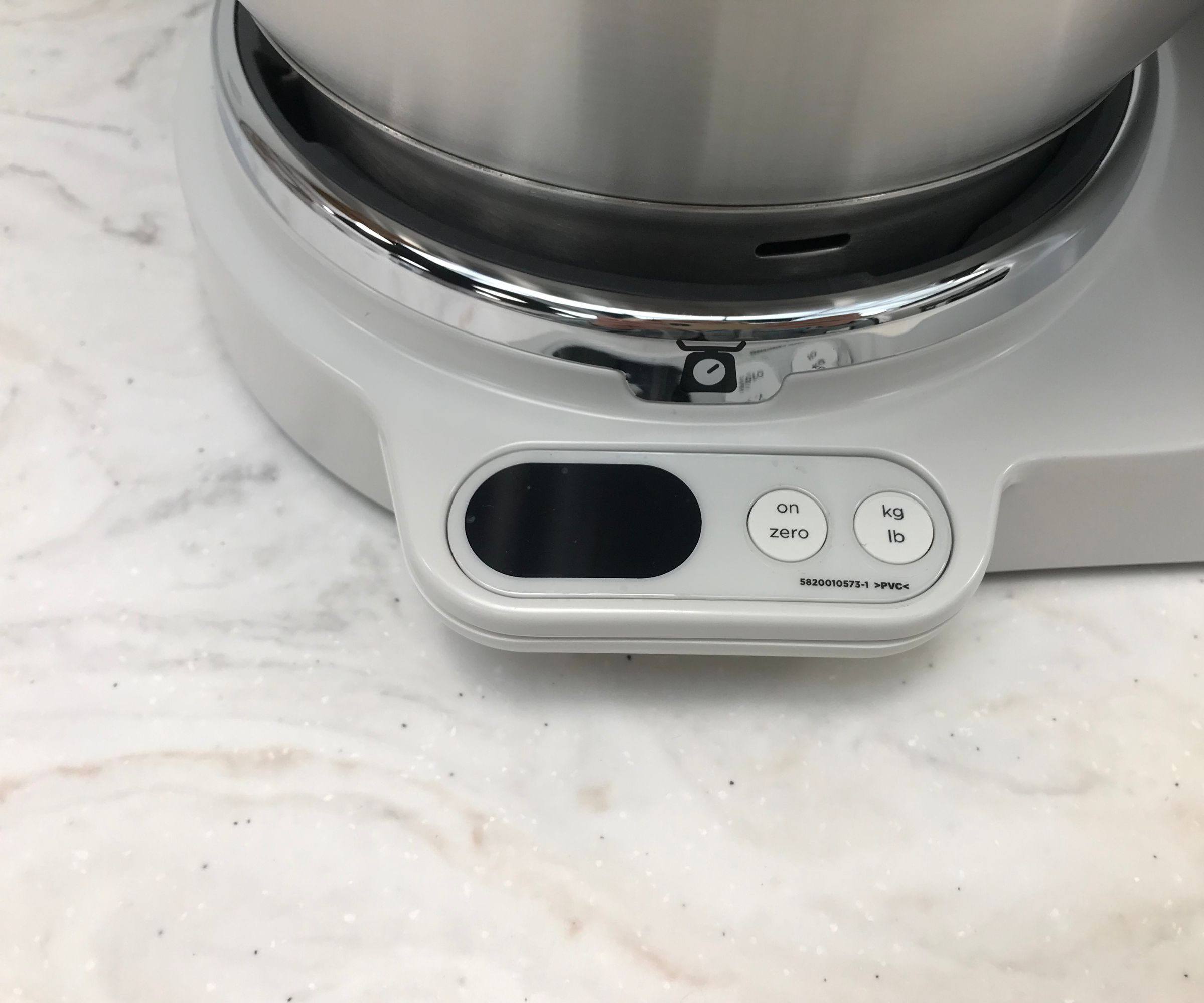
'Old analog kitchen scales and measuring cups are useful, but they are not as good as a good digital set,' says Tiffany Swan, a professional chef. This simple investment not only makes cooking easier but can also improve food – it even helps with meal prep.
‘For one, you can get a much greater level of accuracy in your measurements if you are doing them by weight rather than by volume in a measuring cup. Baking is all about scientific formulas, so it is important to be as accurate as possible. But my favorite bonus is that you have far fewer utensils to wash: instead of measuring the honey into the measuring cup and then scraping it out with a spatula, you can pour it directly into the appropriate bowl.
‘I like gram scales that measure out to the tenth of a gram and have a capacity of at least five kilograms, so you can easily put your bowl filled with flour on the scale.’
Digital Kitchen Weighing Scales | View at Walmart
These digital weighing scales have an 11lb capacity, making them perfect for all sorts of kitchen cooking and baking tasks.
4. Cookware
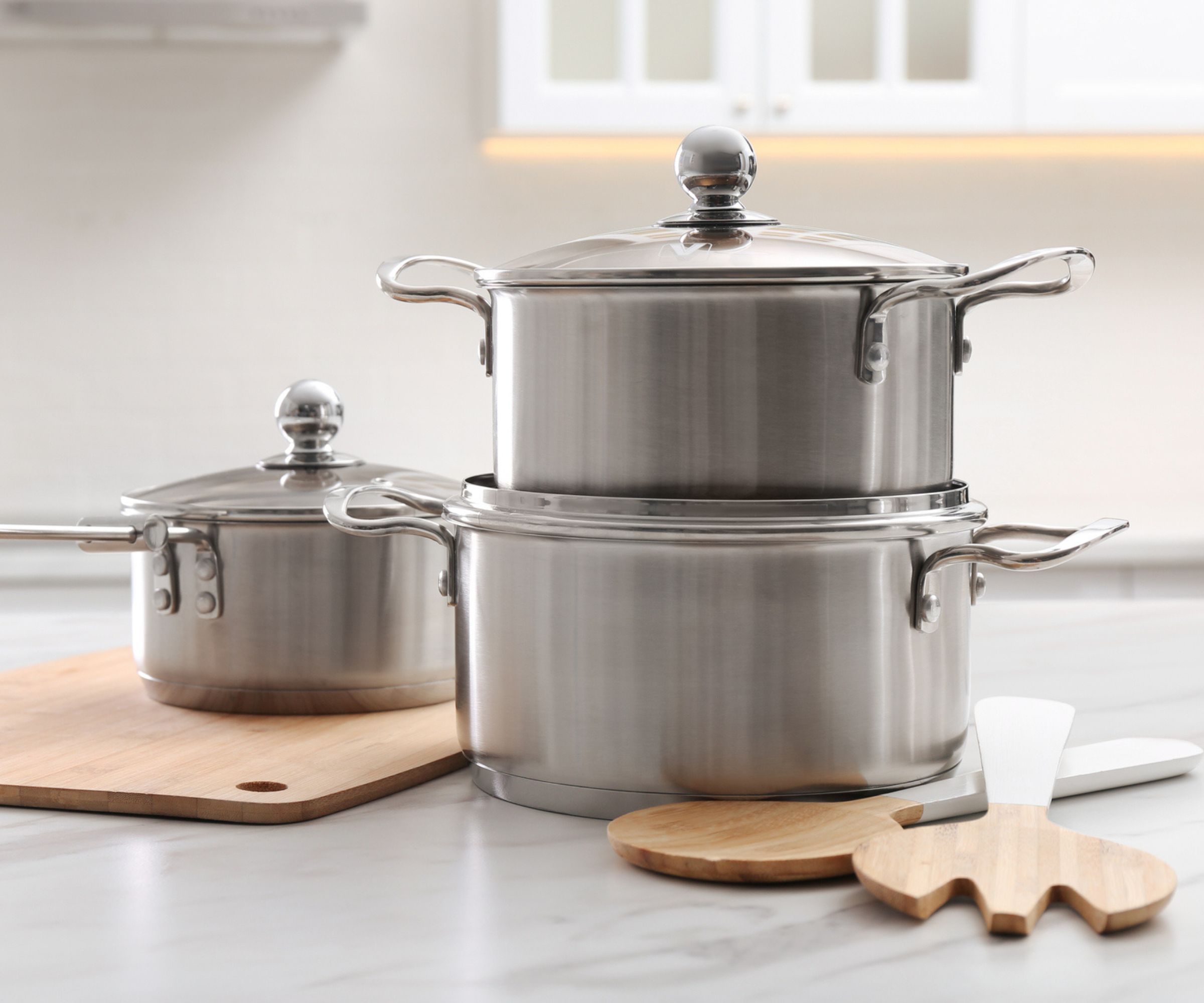
It should be obvious, but the higher the quality of your pans, the easier they are to use and clean – not to mention the healthier they are, as you are not using tonnes of oil to stop sticking or risking non-stick coatings from peeling.
Lauren Allen, cookbook author and founder of Tastes Better From Scratch, recommends upgrading your sets to either high-end stainless steel or enamel cookware, such as the best Le Creuset. This allows for better even heating and temperature control when cooking.
‘This can help prevent hot spots that lead to burning,' she explains. 'Quality pans often last much longer as well, saving money over time.’
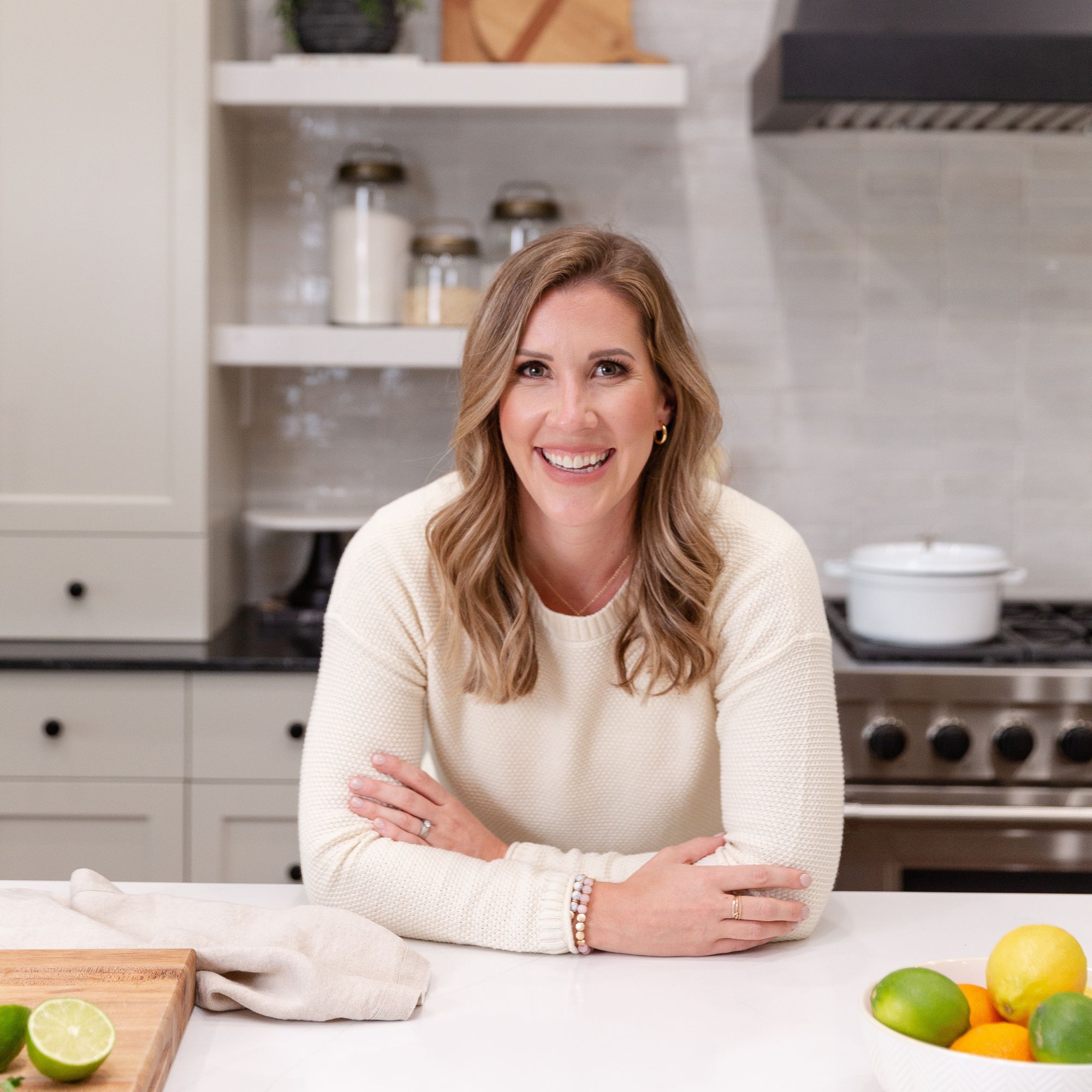
Born out of her desire to share homemade family recipes online, Lauren's Tastes Better From Scratch blog grew from a part-time project into a go-to recipe resource for tens of millions of loyal home cooks each month. Lauren believes that, with the right recipe and tools, anyone can cook.
5. Food processor and blender
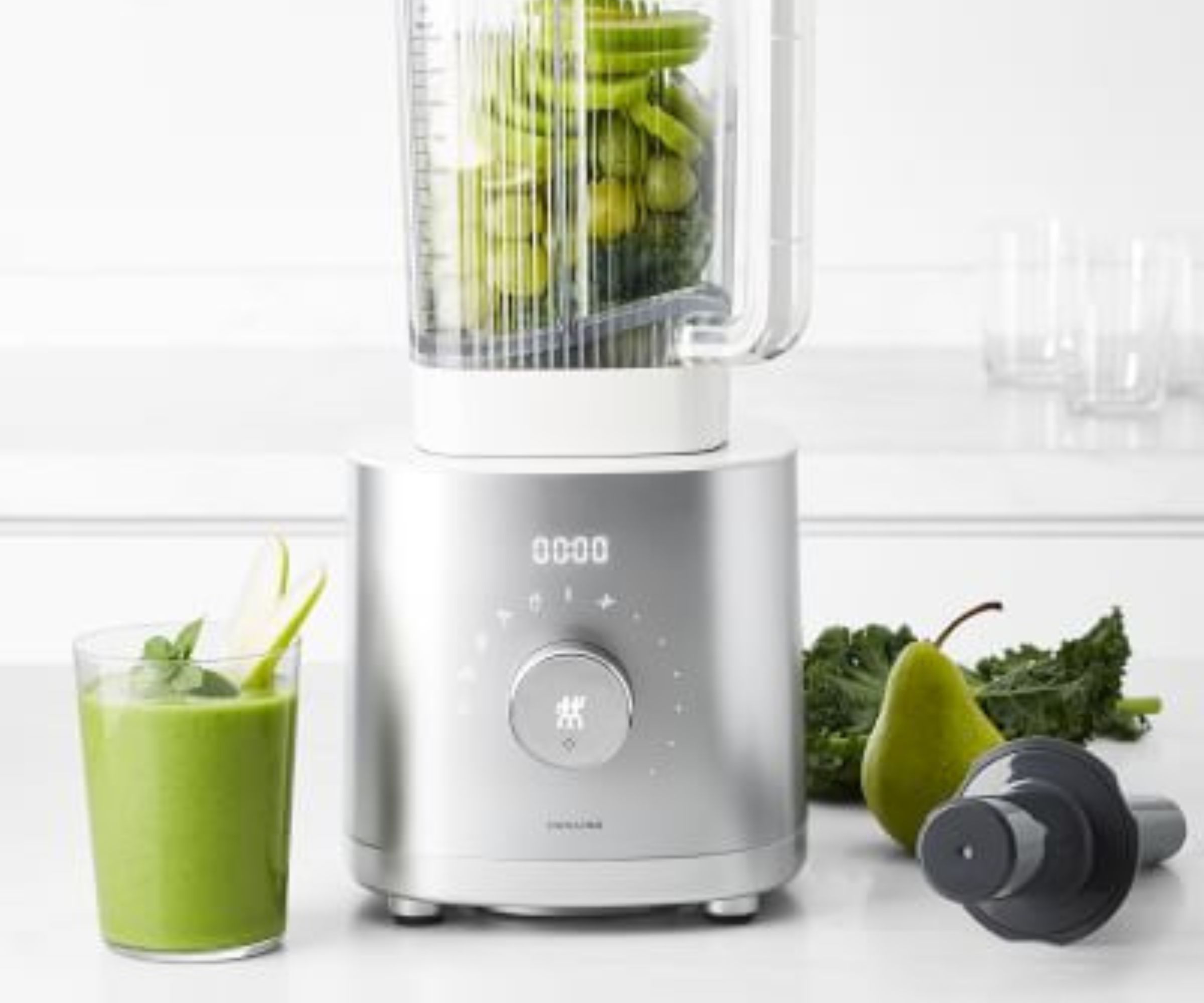
Any kitchen appliance that speeds up or simplifies a process is worth the investment, especially if nothing else does the job quite the same. For our professional chefs, this means investing in quality food processors and blenders.
‘A good food processor quickly chops, slices, shreds and mixes, cutting meal prep times significantly,’ begins Lauren Allen, cookbook author. ‘Models with higher wattage motors easily power through dense items. The wide feed tube accommodates most ingredients without pre-cutting.’
Tiffany Swan, professional chef, adds that: ‘Dressings, pesto, smoothies, creamy soups, hummus, and more are made so much easier with a great blender. Invest in the industry standard Vitamix (refurbished can often save money, but still provide a great quality blender) and treat it like your knives. Wash the blade at the bottom of the jar by hand and send it off to be sharpened every now and again.
‘There are some things that just can't be made in a sub-par blender. Have you ever had a smoothie you had to chew? I have, and it isn't worth it!’
The best time to check which kitchen items may be on their last legs is when cooking or organizing your kitchen utensils. Take stock of what you don't use and what you use a lot, decluttering and replacing the items that are either dusty or have been loved to death.

Chiana is Homes & Gardens’ kitchen appliances editor. With a lifelong passion for cooking and baking, she grew up experimenting in the kitchen every weekend with her baking-extraordinaire Mom, and has developed a great understanding of how tools and appliances can make or break your ideal relaxing kitchen routine.
